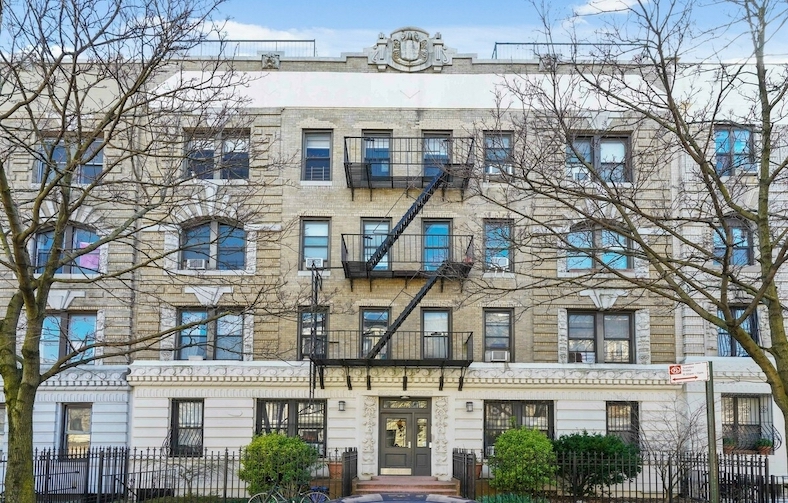
The StreetEasy research team recently reported that more than half of New York renters (66 percent) plan on renting vs. buying their next apartment; and nearly 1 in 5 (17 percent) of these renters think that buying isn’t a wise investment. As potential clients grapple with the decision to buy or rent, agents can help determine what’s right for their clients by asking a few simple questions.
Is Renting a Lifestyle Choice or a Step Toward Buying?
Since New York is known as a city of renters, many people don’t even consider the option to buy when they start looking for a home. Only 32 percent of city residents own homes and according to StreetEasy’s research, of all the renters who signed a new lease within the past 12 months, 57 percent of millennials (ages 18 to 38) and 34 percent of Generation X (ages 39 to 53) renters said they had never considered buying during their moving process.
Depending on their generation and the tradeoffs they’re willing to make, buying a home could be an option they didn’t fully consider. Knowing this, savvy agents can walk clients through some common objections to buying and help them determine what’s right for them.
Is Staying Nimble More Valuable Than Property Investment?
According to the survey, millennials cite concerns like affordability in their desired neighborhood (33 percent), wanting to be able to move easily as life changes (31 percent), and a disinterest in being tied to a mortgage (28 percent) as their top reasons to rent instead of buy. Asking clients about their top concerns can help agents understand if these hindrances might outweigh the benefits of home ownership.
Why Does Buying Seem Like a Bad Investment?
Among Generation X renters, the predominant reason for renting is that they do not think buying a home is a good investment. Forty percent of Generation X renters say this, even though 78 percent say they can afford to purchase in their desired neighborhood. Walking these clients through the current market and data around buying trends may be the way to help them consider other options.
What’s the Motivation for Buying?
New York City is currently a buyer’s market, which means that 1 in 3 renters who plan to buy their next home have more options to choose from and more opportunity to negotiate. In the current market, home prices are falling, and price cuts have increased to record levels in part because new for-sale inventory has skyrocketed.
The most commonly cited reasons are related to the emotional gratification that comes with owning a home: 56 percent responded that they want “to have a home, not just a place to live,” and 25 percent want “to realize the ‘American Dream.’” These responses suggest that even New Yorkers, who live in a city where renting and apartment dwelling is common, associate homeownership with a greater sense of belonging and a national ideal.
Is Buying a Realistic Option Financially?
Among renters who aspire to buy their next home, only 1 in 4 stated that they could currently afford to buy, suggesting those who are buying for emotional reasons, may be stretching outside their means. Smart agents ask the tough questions to ensure they’re in the strongest position to advocate for their clients and set realistic expectations. For some buyers, the better choice may end up being renting and for renters, they may need a nudge to consider the sales market.
As agents prepare their clients to face one of the most competitive real estate markets in the world, those who understand their clients motivations will fare far better. By determining what’s driving a buyer to invest in property, an agent can more effectively work with them on things like tradeoffs, price negotiation, neighborhood selection and so forth.
Review the Study
To learn more about this study, read the original post on the StreetEasy Blog, or review the methodology below.
Survey Methodology: StreetEasy partnered with independent market research firm YouGov to conduct a representative survey that was fielded online in May and June 2018. The survey gathered information from 2,550 residents in all five boroughs. Data was collected through a general market sampling of recent renters, who rented in the past 12 months; inactive renters, who are currently renting and did not move in the past 12 months; buyers and sellers who completed a transaction in NYC in the past 12 months; and homeowners who currently own and did not move in the past 12 months. Quotas based on the U.S. Census were set for age, gender, and education. The data was then weighted to known U.S. Census estimates on age, gender, race and education, to ensure that respondents were representative of the New York City population. The results then underwent substantial internal analysis and review by researchers and economists at Zillow Group and StreetEasy.







